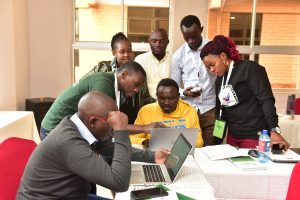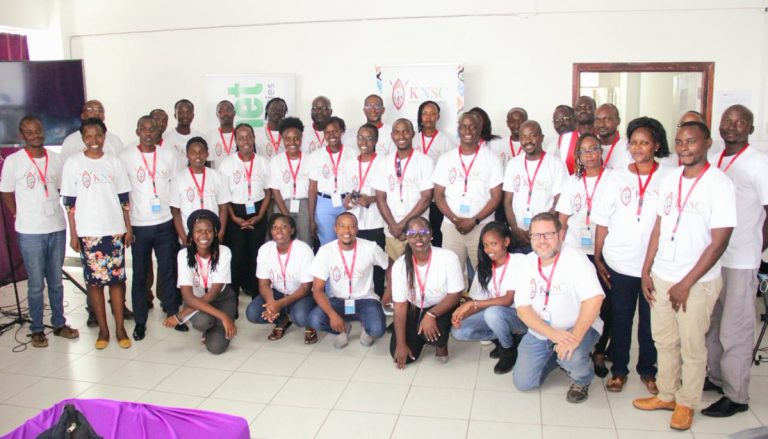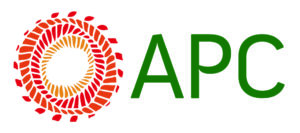Kenya National School of Community Networks
Tanda Community Network was founded in 2015, as a project called Tunapandanet under Tunapanda a non-profit social enterprise that runs intensive 3-month technology, design, and business training courses in extreme low-income environments of East Africa such as Kibera (Nairobi informal settlement). Tunapandanet transitioned to a Community Network in 2022. Tanda Community Network is a community-led initiative situated in the heart of Kibera, Nairobi, Kenya. As a registered independent non-partisan, non-profit Community-Based
Organization, Tanda is driven by its commitment to democratizing technology and promoting digital literacy among the masses.
By providing affordable access and empowering women, youth, and the elderly, Tanda aims to bridge the digital divide and uplift the community. Our mission is to catalyse digital transformation by providing Affordable Connectivity, Digital Skilling, and Locally Relevant Content and supporting Movement-Building for inclusive sustainable communities.
In Kenya, there exist four community networks pilot projects, namely Tanda Community Network in Kibera, Nairobi; Lanet Umoja in Nakuru; Dunia Moja in Kilifi; and lastly, Aheri in Nyanza. These networks, which are championed by not-for-profit organizations, exist in rural Kenya, except TunapandaNET, and were started to address existing access challenges such as affordability, limited digital literacy skills, lack of locally relevant content and platforms.
Below you can consult the contents of the course.
For more information about the program and upcoming calls: Tandacn.org



Thematic area 1: Community in CN
This course focuses on the role of community media organizations in bridging the digital divide, emphasizing policy advocacy, infrastructure, technological support, and training. It addresses the challenges of providing disenfranchised groups with information and communication access.
Thematic area 2: Network and infrastructure
This course delves into the technical aspects of establishing and managing network infrastructure. It covers topics like radio physics, last-mile telecom network components, networking basics, and types of wireless networks.
Thematic area 3: Sustainability
This course explores the financial management, funding strategies, and social entrepreneurship aspects essential for the sustainability of community networks. It includes budgeting and reporting, donor engagement, and transitioning community networks into revenue-based social enterprises.
Each course is structured to foster active learning through practical exercises and targeted assessments, ensuring participants can apply their knowledge effectively. Learners will gain insights from a suite of curated documents and benefit from the expertise of a supportive network of professionals, enhancing collaboration and real-world application.





